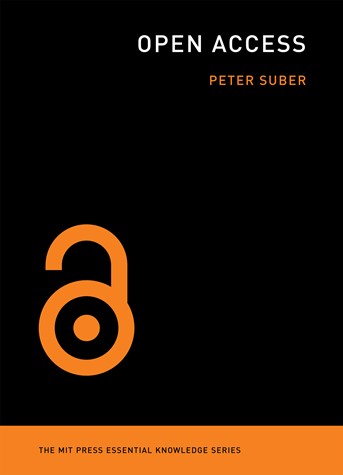Last week Tim Gowers wrote an extensive post on the cost of Elsevier journals that begins to create some transparency in this market. Much of the data so far is from UK universities, but cost data from U.S. universities (including other publishers) should be available soon from Ted Bergstrom’s Big Deal Contract Project.
Providing adequate funding for open access platforms and innovations is becoming an increasingly hot topic, and two excellent posts with different perspectives have recently appeared. Stuart Shieber’s Public Underwriting of Research and Open Access offers a convincing case for open access to research that reminded me of John Willinsky’s keynote address during Virginia Tech’s Open Access Week. Counting up the ways that research is subsidized results in a truly stunning number, and Shieber makes a solid argument for public funding. Cameron Neylon, on the other hand, notes that much of the innovation in scholarly communication comes from the for-profit sector, yet non-profit status is needed to to retain control and prevent diverging interests. So how should we go about funding innovation in scholarly communication? Perhaps OA projects could benefit from socially responsible investing?
One innovation in need of funding is open peer review platforms like LIBRE, which just announced that it is in beta testing. While I like the diversity of opinion that open review makes possible, I think there still may be a role for anonymity, and I’m also skeptical of the invite-your-own-reviewers model. Although it has been around for a while, I only recently discovered a community-edited Google document of standalone peer review platforms, and was surprised by how many there are. I think it would be great if one day I could upload a paper to VTechWorks, have it openly reviewed, and then submit it in my tenure and promotion dossier as a peer-reviewed paper. Then evaluation would have to focus on article quality rather than journal prestige or impact factor.
So few accounts of the publishing process appear that one in my own field of library and information science is definitely worth mention. Catherine Pellegrino’s Walking the walk may be trickier than it first appears: An open access publishing story relates her assessment of publishing venues while feeling the stress of needing to publish. This OA-conscious assessment, and her negotiation to retain copyright, serves as a worthy model for librarians (and non-librarians).
 Peter Suber’s essential book Open Access is now, well, open access, one year after publication. It’s available in a
Peter Suber’s essential book Open Access is now, well, open access, one year after publication. It’s available in a 